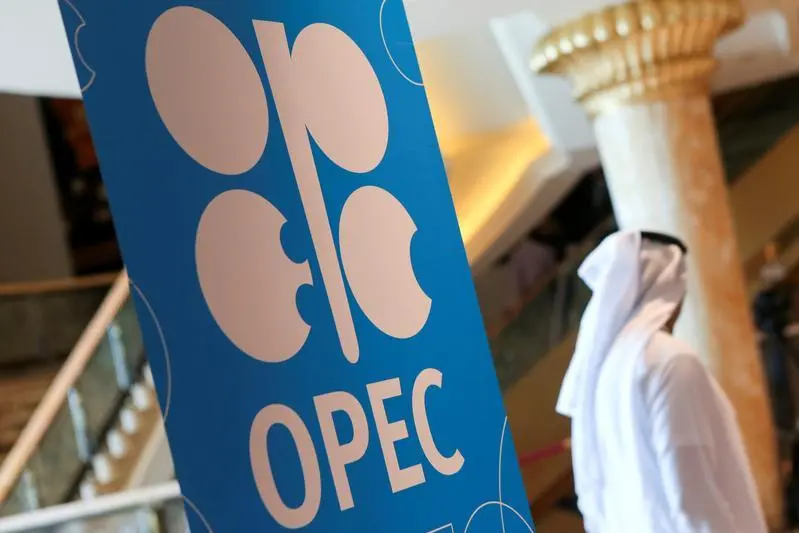PHOTO
TOKYO - Oil edged lower on Friday as investors awaited a meeting of OPEC and its allies later in the day which is expected to formally agree to more output curbs in early 2020.
Despite the new cuts, OPEC stopped short of pledging action beyond March and analysts questioned the impact of the latest curbs.
Brent futures were down 10 cents, or 0.2%, at $63.29 by 0730 GMT.
West Texas Intermediate oil futures fell 7 cents, or 0.1%, to $58.36 a barrel. They hit $59.12 a barrel on Thursday, the highest since the end of September.
The Organization of the Petroleum Exporting Countries (OPEC) and allies including Russia - a grouping known as OPEC+ - agreed on Thursday to more output cuts to avert oversupply early next year as economic growth stagnates amid the U.S.-China trade war.
The agreement, which needs to be formally adopted later on Friday, will cut an extra 500,000 barrels per day (bpd) of production, through tighter compliance and some adjustments. The group has been withholding 1.2 million bpd and the increased amount represents about 1.7% of global oil output.
"The key question is whether these reported cuts will actually reflect fresh cuts and so help to reduce the surplus in 1Q20, or whether they will just formalise the over-compliance that we have seen from the group as a whole," ING Economics said in a note.
A panel of ministers representing OPEC and non-OPEC producers led by Russia recommended the cuts, according to Russian Energy Minister Alexander Novak.
Details need to be hammered out at Friday's OPEC+ meeting in Vienna.
Any price gains from the OPEC+ output cut are likely to benefit American producers not party to any supply curbing agreement. American drillers have been breaking production records even as they cut the number of oil rigs in operation, filling gaps in global supplies.
"North American shale supply will continue growing even in an environment with lower oil prices," Rystad Energy said in a note.
Higher oil prices are also supporting the initial public offering of Saudi Arabia's state-owned oil company, Saudi Aramco, which priced its shares on Thursday at the top of an indicated range.
The sale was the world's biggest IPO, beating Alibaba Group Holdings' $25 billion listing in 2014, but fell short of valuing Aramco at $2 trillion, a target sought by Saudi Crown Prince Mohammed bin Salman.
Foreign investors stayed away and the sale was restricted to Saudi individuals and regional investors.
(Reporting by Aaron Sheldrick. Editing by Lincoln Feast and Richard Pullin.) ((aaron.sheldrick@thomsonreuters.com; 81-3-4563-2773;))





















